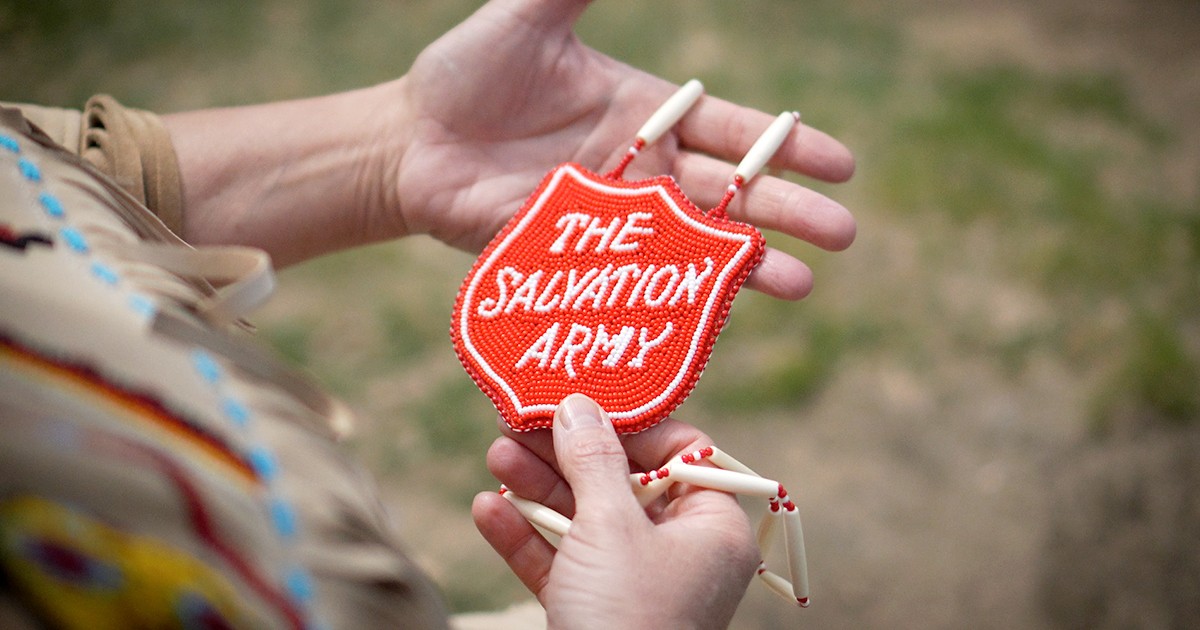 To be honest, I don't consider Wonder Woman a real superhero. Her “superpowers,” if you can call them that, have nothing to do with her intrinsic abilities. Instead, she relies on gadgets: an invisible jet, bullet-proof bracelets and a lasso that makes people tell the truth. (I know, Batman falls into the same category, but his toys are much cooler.) But while she may not be able to leap tall buildings or see through walls, Wonder Woman's crime-fighting techniques provide a useful framework for Christian leadership, one that is built on transparency and truth-telling.
To be honest, I don't consider Wonder Woman a real superhero. Her “superpowers,” if you can call them that, have nothing to do with her intrinsic abilities. Instead, she relies on gadgets: an invisible jet, bullet-proof bracelets and a lasso that makes people tell the truth. (I know, Batman falls into the same category, but his toys are much cooler.) But while she may not be able to leap tall buildings or see through walls, Wonder Woman's crime-fighting techniques provide a useful framework for Christian leadership, one that is built on transparency and truth-telling.
I recently spoke with the CEO of an Internet development company, a 20-something hipster who informed me, “Transparency is the new currency. People want transparency if they are going to trust you.” An article in Harvard Business Review entitled “The Big Idea” illustrates the shift by contrasting the tobacco industry in the 1980s and the food industry in the present day. The tobacco giants went to great lengths to hide the harmful effects of smoking, even when medical evidence showed otherwise. In contrast, when the dangers of trans fats came to light, the food industry responded by changing recipes, funding public education campaigns and pushing reduced-fat products. That openness helped people to continue to trust them.
Jesus taught transparency. In the Sermon on the Mount, he told his followers, “Let your light shine before others, that they may see your good deeds and glorify your Father in Heaven” (Matthew 5:16). In the same way, “no one lights a lamp and hides it in a clay jar or puts it under a bed. Instead, they put it on a stand, so that those who come in can see the light” (Luke 8:16). The Apostle Paul picks up the teaching in Ephesians 5 where he encourages believers to live as “children of light” (v 8), to live in a godly manner as true followers of Jesus, to live transparently.
Transparency breeds trust. It's the key to healthy small groups, making them a safe place for people to open up and share their thoughts and feelings. Transparency says to people, “I trust you so I will be myself in front of you.” The greater the transparency, the deeper the relationship. I remember in the late 1980s when pastor Gordon MacDonald rocked the Christian world by admitting to adultery. That confession opened the door to other pastors and church leaders to be honest about their failings. MacDonald's ministry changed dramatically, and for the last 20 years he has been involved in the ministry of healing and restoring lives destroyed by sinful choices.
Transparency requires boundaries. We must still exercise wisdom and discernment in our sharing. For MacDonald, confession came only after much counselling with his wife and discernment and spiritual direction with Christian leaders. Being transparent requires being real with people, but also knowing when and what struggles to share. It doesn't mean we work out our problems in the public arena, but rather, choosing the right moments to share how we have been healed through God's grace. Transparency allows people to see God working in our lives.
Transparency gives other people hope. One Father's Day I preached about the fact that I don't always feel like a good dad. Our family used to leave the house in an uproar on a Sunday morning. Trying to deal with three kids, I sometimes lost my temper in the car only to arrive at church and pretend that all was well. I didn't feel like the “father of the year” in those moments. You could almost hear the sighs in the room as parents related to what I was saying. They realized they weren't alone in their struggles. The same is true when we read of the imperfect “heroes” in the Bible. If God could work through murderers, liars and prostitutes to achieve his purposes, then there must be hope for us.
We may not all be Wonder Men and Wonder Women, but leaders are most effective when they have nothing to hide. And if we use that “lasso of truth” on ourselves once in a while, we'll have the kind of integrity that will draw people to us—and ultimately to Christ.
Captain Rick Zelinsky and his wife, Deana, are the corps officers at North Toronto Community Church.









Leave a Comment